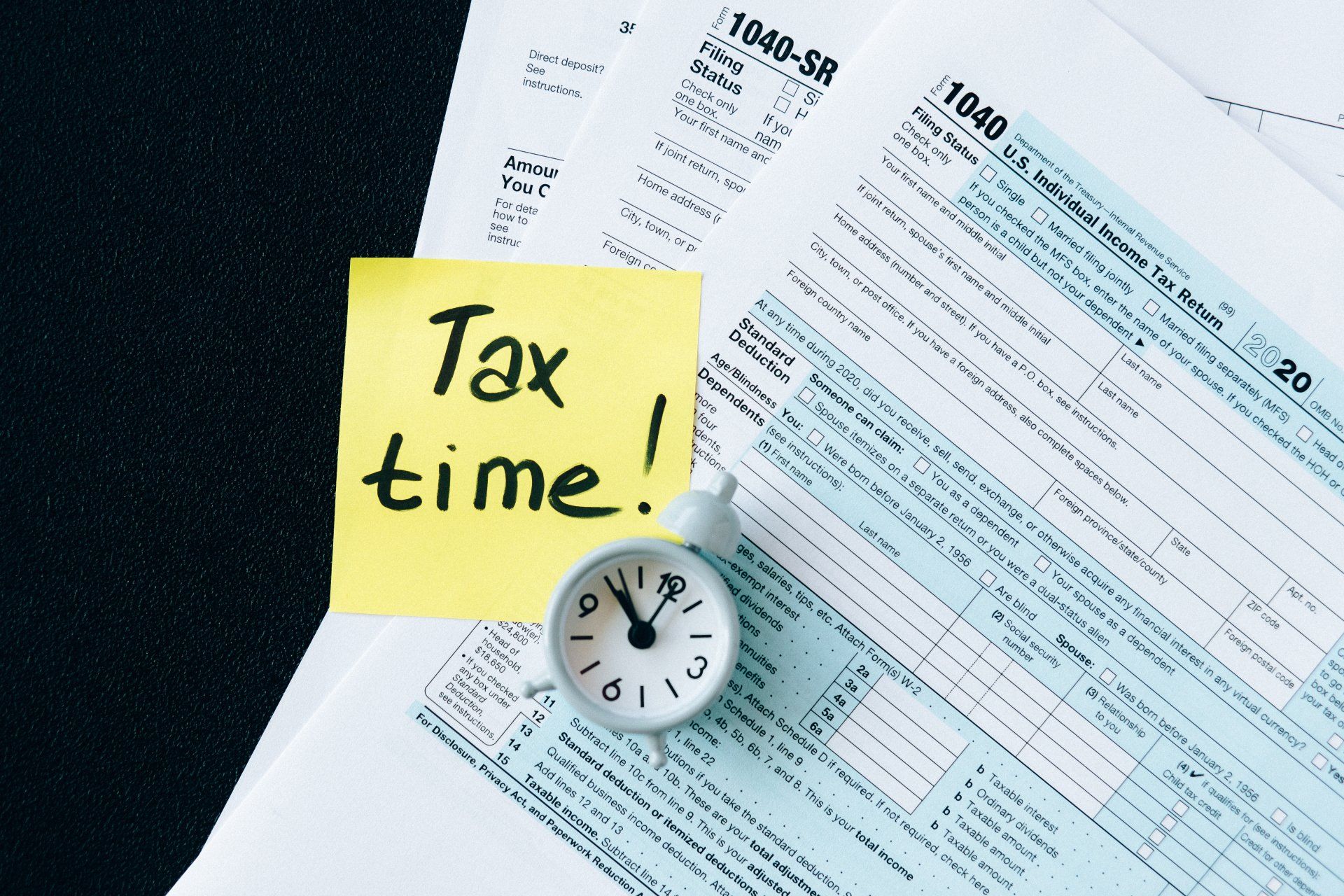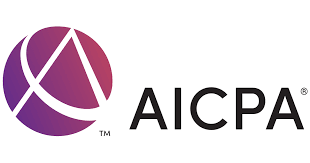TAXES CAN BE MANAGED
TAXES CAN BE MANAGED

Taxes, if managed effectively, will not cause a business to go broke. Unfortunately, during the year, taxes often fall into the “out of sight out of mind” category and business owners fail to allocate the necessary funds to the tax pocket. Most people will admit its painful to allocate money to the tax pocket. It is especially hard for business owners who write the checks for the tax bill, as opposed to employees who have taxes taken out of their paycheck. Not providing for the tax liability during the year will lead to a big surprise at tax time.
Over the years, it has become clear to me that one of my primary responsibilities as an advisor is to help my clients eliminate unwelcomed surprises at tax time. The way I help my clients eliminate these surprises is by planning and ensuring that their tax pocket is adequately filled. Some of the funds allocated to the tax pocket will be taken out on a quarterly basis. If a business is more profitable in the current year than the previous year, the taxes paid quarterly will typically be based upon the prior year’s tax liability. This can leave the funds in the tax pocket short if cash has not been allocated to cover the projected tax liability. Year-round tax planning is the key to keeping the tax pocket adequately funded.
At a minimum, tax planning should include calculating the anticipated tax liability on the business’s projected profit at least quarterly. It also includes incorporating tax strategies that potentially will save the business taxes. I need to point out that most common tax saving strategies require an outlay of funds such as equipment purchases or funding retirement plans. I do not encourage spending on equipment unless the equipment purchase will result in more efficiency or reduce repairs and maintenance expenses. In other words, is the machine needed? Or, is it just being purchased to produce a deduction? My go to line with clients is, “You are spending a dollar to save forty cents.” I also advise against maxing out retirement plan contributions to reduce a tax liability if the core capital of the business is not adequately funded. I will discuss the concept of core capital in my next blog.
If a business takes a downturn during the year, the amount of estimated tax payments may be able to be reduced and no additional funds will need to be allocated to the tax pocket. Not quite on par with being surprised by a large tax bill but being significantly overpaid is also frustrating for business owners. The frustration level is particularly high if the over payment of the estimated taxes has put them into a cash bind due to a downturn of the business. Again, a simple tax projection will reveal if estimated taxes can be reduced and allocation to the tax pocket can stop.
As I stated at the beginning, if properly planned for, paying taxes will not cause a business to go broke. My most successful clients properly fund their tax pockets and they do not allow the tax tail to wag the dog.









